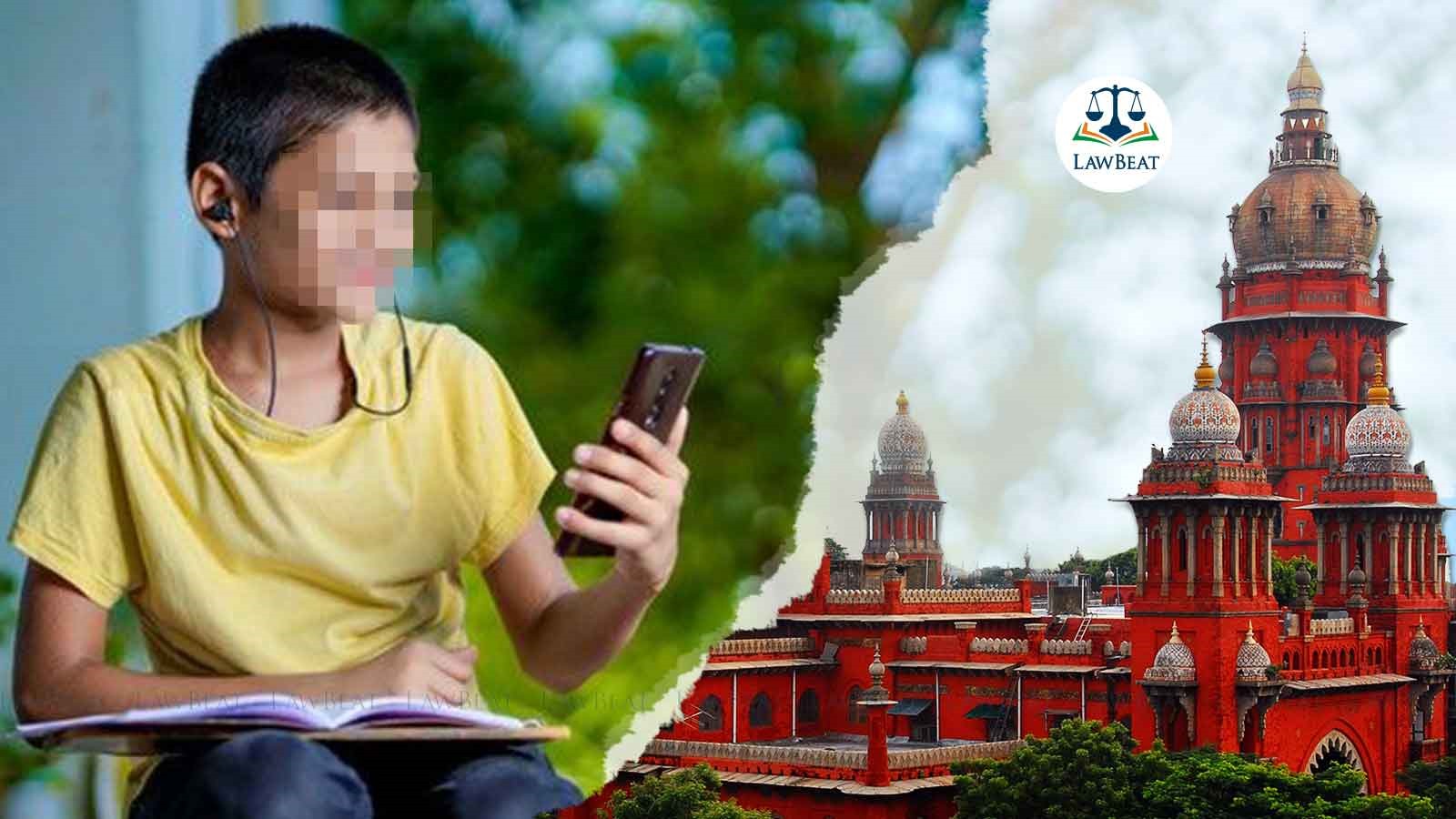Porn addiction is becoming a growing concern in Generation Z: Madras HC

"Viewing pornography can have negative consequences on teenagers down the line, affecting both their psychological and physical well being," the bench said
The Madras High Court recently observed that Generation Z children are grappling with the serious problem of porn addiction. It added that instead of damning and punishing them, "the society must be mature enough to properly advise and educate them and try to counsel them to get rid of that addiction".
The bench of Justice N Anand Venkatesh stressed that such education must start from the school level since exposure to adult material starts at that stage itself.
"Viewing pornography can have negative consequences on teenagers down the line, affecting both their psychological and physical well being," the bench said.
Court referred to a recent study which brought out the porn statistics in teens. The study showed:
- 9 out of 10 boys are exposed to some form of pronography before the age of 18;
- 6 out of 10 girls are exposed to pornography before 18 years old;
- On average, a male's first exposure to pornography is at 12 years old;
- 71% of teens have done something to hide what they do online from their parents;
- Teenage boys, 12-17 years old, have the highest risk of developing a porn addiction.
Court emphasised that the teenagers in today's world are facing a new challenge from the gadgets, which bombards them with all kinds of information without any censor, at the touch of a button.
"There are adult material, which also draws the attention of the children whose mental faculty is at a growing stage. There used to be addiction in smoking, drinking, etc. and there is a growing rise in addiction watching porn photos/videos. This, is in view of the fact that it is easily available in the electronic gadgets and by repeatedly watching the same, it becomes a habit and ultimately, the person gets addicted," court stated.
The observations and the suggestion were made by the court while dealing with a criminal original petition filed by a 28-year-old man for quashing a case registered against him for downloading child pornography.
The man had been booked for the offences under Sections 67-B of the Information Technology Act, 2000, and 14(1) of the Protection of Child from Sexual Offences Act, 2012.
The man appeared before the court and "after a lot of persuasion", he admitted that during his teens, he had developed the habit of watching pornography. He, however, clarified that he had never watched child pornography and apart, that he had never attempted to publish or transmit any of the pornographic materials to others; he had merely downloaded the same and he had watched pornography in privacy.
The man further admitted before the court that now, at the age of 28, he was able to substantially get out of this habit and also that he would seek counseling to get rid of the addiction.
The single judge bench observed that to make out an offence under Section 14(1) of the Protection of Child from Sexual Offences Act, 2012, a child or children must have been used for pornography purposes and only watching child pornography video would not constitute an offence under the Section.
"Since he has not used a child or children for pornographic purposes, at the best, it can only be construed as a moral decay on the part of the accused person," court held.
Further, regarding Section 67-B of the Information Technology Act, 2000, court opined that to constitute an offence under the Section, the accused person must have published, transmitted, or created material depicting children in sexually explicit act or conduct, which was not the case at hand.
Therefore, while advising the man to attend counseling, if he is still afflicted with porn addiction, court quashed the case.
However, it added, "This Court hopes that the petitioner will listen to the advice and get rid of the addiction for a happy and healthy future. Quashing of the Criminal proceedings by itself will not help the petitioner and the petitioner has to help himself by getting rid of the addiction".
Case Title: S.Harish v. The Inspector of Police, AWPS – Ambattur and Another
